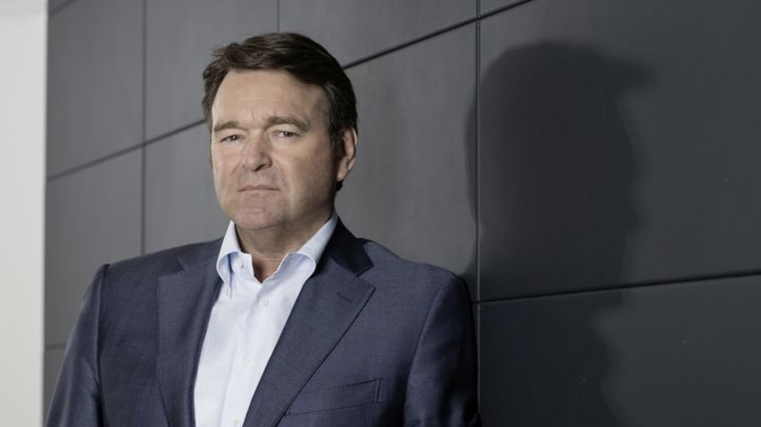Audi attempts to reduce costs

Audi is planning to eliminate a layer of management and reduce the number of engines it offers in a bid to save money and pass the WLTP (Worldwide harmonized Light vehicles Test Procedure), CEO Bram Schot told German newspaper, Handelsblatt.
The staffing cuts will affect around 10 per cent of executive positions as it tries to stem losses amid falling sales. Last month, global sales dropped by three per cent, while they were off by 8.5 per cent in Europe.
Schot, pictured above, said Audi's WLTP problems were partly caused by engine complexity. "We have discontinued engines and variants built specifically for a few markets. Overall, we have reduced complexity by around 30 per cent. We can no longer afford models and equipment that are bought by customers infrequently."
Meanwhile, Schot said he wants to give China, Audi's biggest market, more importance by developing the new strategy that will look more closely at its rivals, BMW and Daimler.
Audi said in December it would invest $15.9 billion through 2023 in electric mobility, digitalisation and autonomous driving. The division is at risk of losing its position as Volkswagen's leading development centre as the Volkswagen explores potential technology alliances with Ford and other rivals.
By 2025, Audi will have 12 fully-electric cars on the market. It aims to sell about 800,000 full-electric or plug-in hybrid models a year by that date, a third of its volume.





